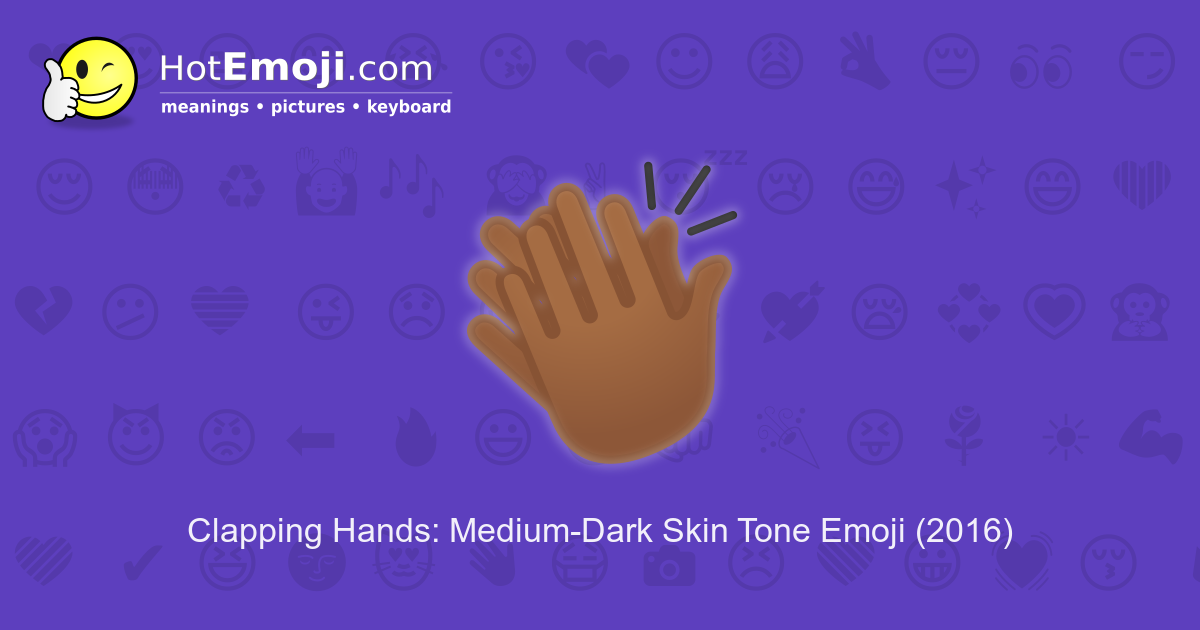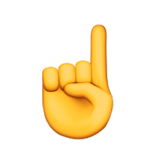
When I asked Darrell about koans, he pointed me to the book Bring Me the Rhinoceros, which includes the story of a woman who spent months sitting with what seemed to me a very simple koan. I had the sense that these tiny powerful teachings were meant to chew on and wrestle with over time. Rather than rushing to give an answer, the koans forced me to sit in a space of unknowing and wonder. They confused me in a way that felt like it was leading somewhere, slowly. If these questions were nonsense, it was a pleasing kind of nonsense.

I didn’t understand the point of asking a question to which there was no answer? Yet something continued to draw me back to that book.

None of these koans made any sense to me. What is the color of the wind? And on another page a story: One day a monk fell down in the snow and called out, “Help me up! Help me up!” Another monk came and lay down beside him. The first koan of the collection was perhaps the most famous to non-Buddhists: what is the sound of one hand clapping? Confused, I turned the page, expecting an answer on the other side. I’m not sure where it came from or why we had it, but I do remember reading it in utter fascination. Sometime during my middle school years a book of Zen koans showed up on our coffee table. So where then do wisdom and maturity come from? For him the answer lies in a spirit of adventure, a willingness to take creative risks and move confidently into the unknown, to live with uncertainty, to live with and through the unanswerable questions. As Friedman says, I use “data as a way of avoiding the problems of maturing.” I seek knowledge over wisdom and information over formation. So rather than being empowered by information, I become paralyzed by it. There is simply more information on any given subject than any of us could master or apply. This thinking leads me to anxiety because, of course, I can never know enough. But Friedman sees this way of thinking as the gateway not to wisdom, but to anxiety. When I finally learn enough, when I achieve a certain level of information, I will be wise. “If only we knew enough, we could do (or fix) anything.” At times, this is how I have understood wisdom, as simply the accumulation of knowledge. As he writes, “The great myth of our data-gathering era that affects leaders, parents, and healers alike… ‘If only we knew enough, we could do (or fix) anything.’” To be responsible professionals, parents, or pastors we must understand and evaluate all the options before moving forward.

With so much knowledge available, we fear that we must master all of it before we can act. This deluge of information, Friedman believes, is a source of anxiety in our society. And that catalog of knowledge is expanding at an accelerating rate, outpacing our ability to even capture it in meaningful ways, let alone assimilate it into our daily lives. He explains what we already know from our own lives that the amount of information available to us today is exponentially greater than that available to previous generations. In his book, A Failure of Nerve: Leadership in the Age of the Quick Fix, Edwin Friedman marvels at the expansion of information available to us today. There was never a moment during the week when I didn’t know where to go or what to do, never a time when I had to venture into unknown territory or waste time wandering around uncertain. And any question that my friends asked, I could instantly find the answer without straining to remember. I could see pictures of the places I was going before I got there and scope out my dinner options while I was still sitting at lunch. I knew the best restaurants, the coolest music venues, the latest museum exhibitions. I had directions anywhere I wanted to go. I hadn’t been there in 12 years, but with the help of my phone, I was able to navigate the city like a native. I’ve just returned from a week of continuing education in San Francisco. And most of the time, that doesn’t bother me much.

We no longer need to sit in that place of uncertainty. It’s being replaced, of course, with Google, with a few quick taps on a smart device and the comfort of instant gratification. You know that feeling? It’s going extinct. And when you do, usually just after you’ve stopped trying, it is so satisfying. It will bug you all day if you don’t come up with it. You know the answer is right there, but you just can’t bring it out. You know that feeling you get when you’re trying to come up with the name of a book you read or figure out where else you’ve seen that actor? It’s a gnawing feeling.


 0 kommentar(er)
0 kommentar(er)
